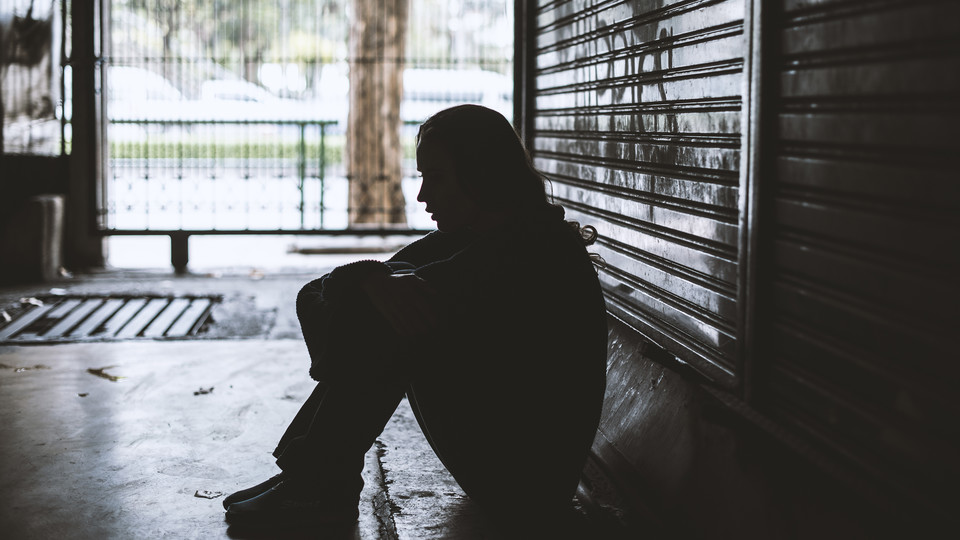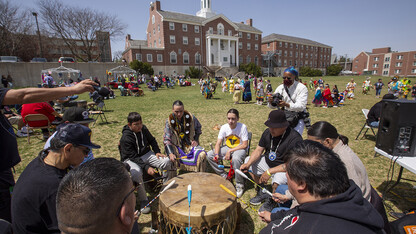· 3 min read
Study: Mental health symptoms linked to risky sexual behavior among homeless women

Social scientists have long recognized that many of America’s homeless people suffer from mental illnesses.
A new study from the University of Nebraska-Lincoln has found that homeless women with certain mental health symptoms also are more prone to sexual exploitation. The findings reveal yet another source of harm for one of the nation’s most vulnerable groups.
“Women who find themselves in periods of homelessness often do not have the resources or support to avoid engaging in survival sex,” wrote the study’s author, Jerreed Ivanich, a Nebraska sociology researcher. “They are limited in their ability to seek help for medical conditions, including mental health. This translates to a disadvantaged population that needs additional support through housing initiatives and mental health care services.”
While previous research has confirmed that “survival sex” – the exchange of sex for food, shelter and protection – is common among homeless people and runaways, few studies have directly examined the contributing causes among homeless women.
Based upon interviews with 158 homeless women in Omaha, Nebraska; Pittsburgh, Pennsylvania; and Portland, Oregon; the Nebraska study examines whether Borderline Personality Disorder symptoms place homeless women at greater risk for sexual exploitation.
Borderline Personality Disorder is a serious ailment that can significantly hamper an individual’s ability to function. It includes symptoms of impulsiveness, a frantic fear of abandonment, suicidal thoughts, a distorted self view, breaks from reality, sudden mood shifts and anger, feelings of emptiness and unstable relationships. The disorder shows up 10 times more frequently among the homeless population than the general population, said Ivanich, a sociology doctoral student.
More than 39 percent of the study participants reported repeated experiences of at least one symptom of Borderline Personality Disorder, with mood shifts, anger and impulsiveness being the most common. Study participants ranged in age from 19 to 54 and they had spent, on average, 4.76 years homeless. Of the group, 22 percent reported that they had exchanged sex for money, food, shelter or protection.
After controlling for race, age, education levels and years homeless, the researchers found impulsiveness to be a significant predictor of whether a homeless woman had engaged in survival sex. A homeless woman at the study’s average age of 38 was more than twice as likely to have engaged in survival sex if she was highly impulsive. The researchers also found older women were more likely to have engaged in survival sex.
Co-author Kirk Dombrowski, sociology professor and principal investigator for the Research, Evaluation and Analysis for Community Health (REACH) Lab, said the findings have implications beyond the homeless population, particularly considering the social costs of sexually transmitted diseases, HIV and other health risks.
Dombrowski pointed out that after the United States curtailed its practice of institutionalizing people with mental illness in the late 20th Century, mental health services were reduced and many mentally ill people ended up living on the streets.
“When folks who are homeless and who have a mental illness go out and act in a way for their own survival, we can’t blame them for the larger repercussions and risks for the population as a whole,” he said. “What are the costs of untreated mental illness in our society?”
The study appeared Sept. 8 in the International Journal of Environmental Research and Public Health








